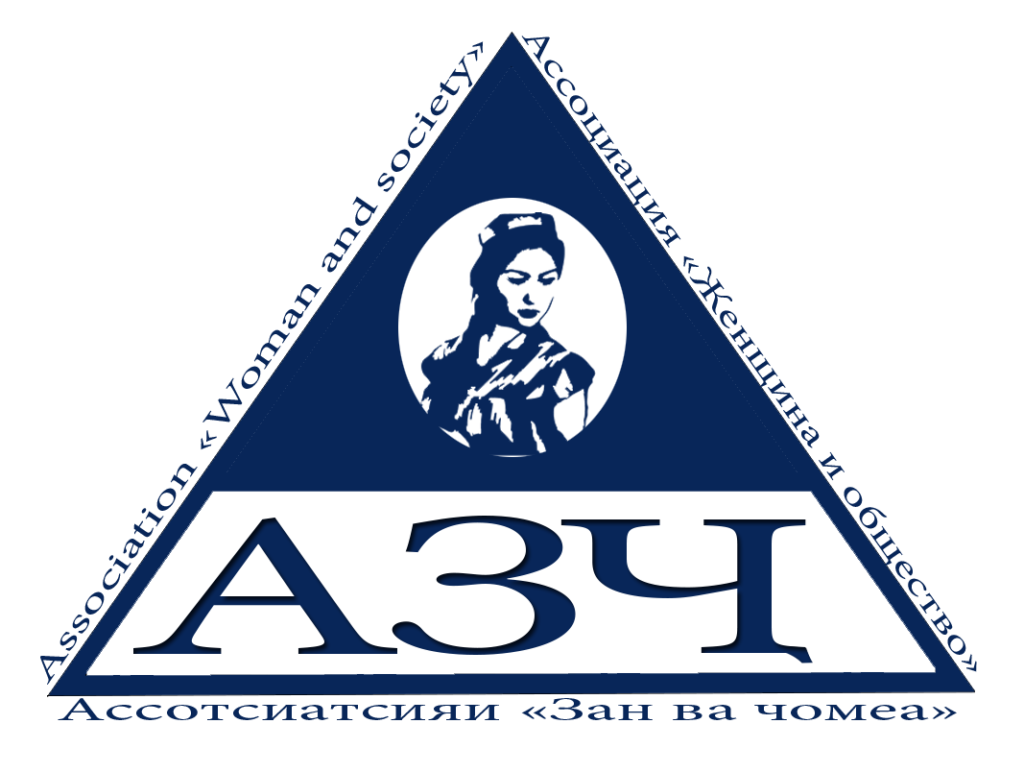Safe Migration and Counter-Trafficking Project (Feb 23 – Sept 30, 2024)
- Goal: To provide protection and direct assistance to victims of human trafficking, vulnerable migrants, and returnee migrants.
- Tasks:
- Conduct 12 informational meetings in targeted districts to inform the public and activists about the project’s goals and objectives.
- Identify vulnerable and returning migrants, as well as trafficking victims, prepare necessary documentation, and submit them for approval to IOM.
- Acquire the required equipment and items as per the business plan and distribute them to project beneficiaries.
- Monitor the implementation and progress of the project.
Protection of Vulnerable Migrants with Focus on Women’s Empowerment (May 1 – Oct 31, 2024)
- Goal: To provide material and technical support to IOM as part of a project focused on protecting vulnerable migrants, with a special emphasis on empowering women in the context of migration in Central Asia, funded by the Norwegian Ministry of Foreign Affairs.
Effective Use of Financial Resources through Financial Literacy and Business Basics Training (Jan – Mar 2024)
- Goal: To provide training in financial literacy and offer technical support to returnee migrants.
Enhancing Organizational Capacity by Attracting New Members (Aug – Dec 2024)
- Goal: Ensure the sustainability of the organization by creating valuable services for members in four targeted districts in the Sughd region and by enhancing the organization’s online presence through a website relaunch and establishing correspondent points with active members.
- Tasks:
- Identify the needs of potential members in the four targeted districts.
- Create an effective online information exchange system, focusing on the revitalization of the organization’s website.
- Establish a system for delivering effective and in-demand services to potential members.
Second Phase of the Safe Migration and Counter-Trafficking Project (Jan 1 – Sept 30, 2025)
- Goal: To continue providing protection and direct assistance to victims of human trafficking, vulnerable migrants, and returnee migrants.
- Tasks:
- Conduct 12 additional informational meetings in targeted areas.
- Identify vulnerable migrants and trafficking victims, prepare and submit the necessary documents for approval.
- Acquire and distribute necessary equipment and items according to the business plan.
These projects focus on migration-related issues, with an emphasis on protecting vulnerable groups such as trafficking victims, returnee migrants, and women. They also aim to improve financial literacy, provide technical support, and enhance organizational capacity for better service delivery.


